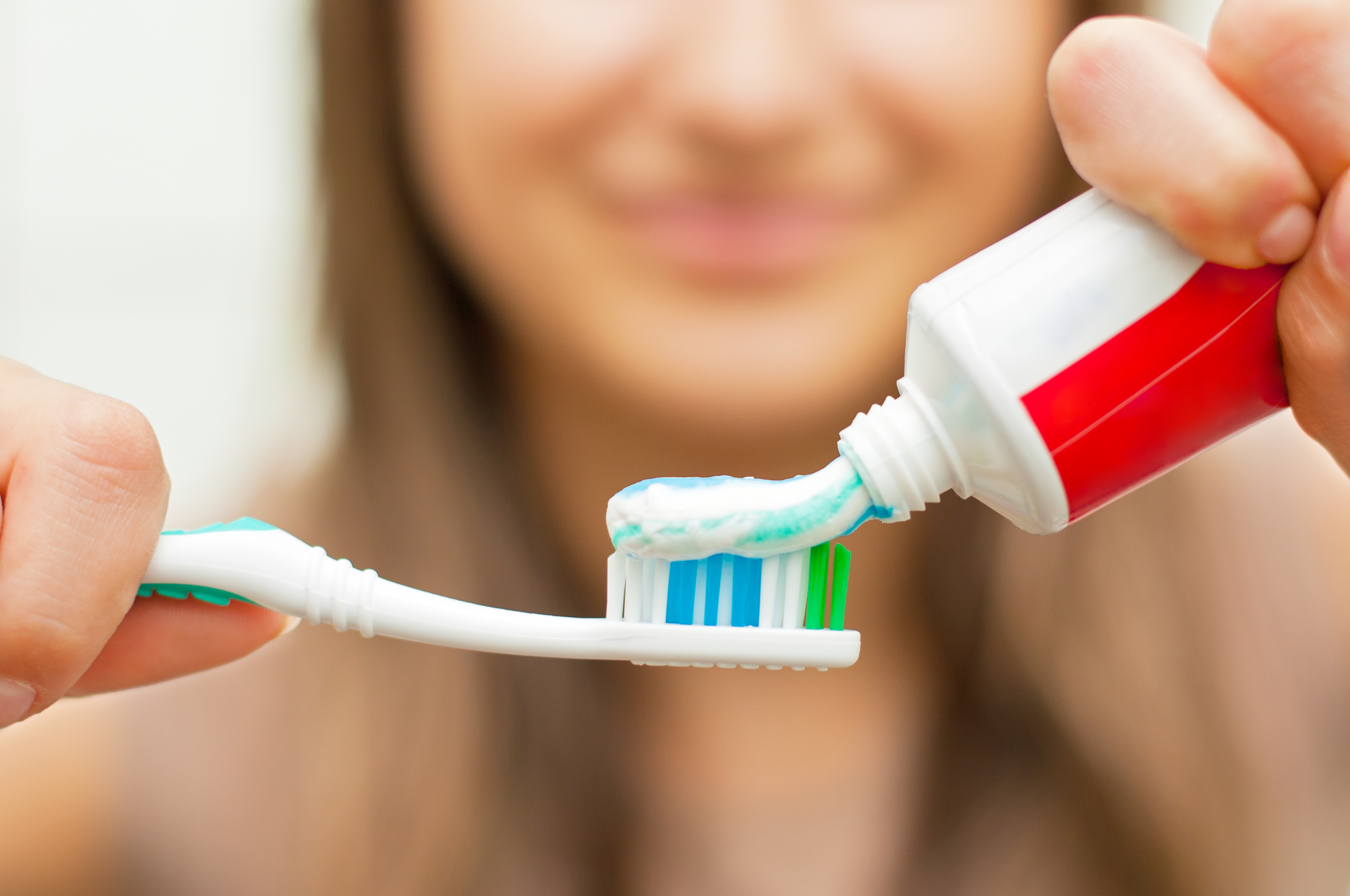Did you know that problems in your mouth can affect the rest of your body? Well, they can. Brushing, flossing, and regular visits to the dentist can protect you from far more than cavities. Here at Scott Edwards DDS, we want to make sure that you know how oral health is linked to overall health, so we’ve put together this guide. Protect yourself by learning more.
The connection between oral health and overall health
Researchers agree that there is a symbiotic relationship between oral health and overall health. For example, gum disease is linked to a host of illnesses including heart disease, rheumatoid arthritis, and diabetes to name a few.
How is this possible?
Like many areas of your body, your mouth is filled with bacteria. More than 500 bacterial strains have been identified in dental biofilm. Normally, your body’s natural defenses and good oral care prevent these bacteria from harming you. The oral mucosa is one such barrier that provides critical defense against pathogens. Salivary secretions are a second major line of defense. The body uses saliva to wash away food and acid-producing bacteria in the mouth. But ongoing inflammation in your mouth mixed with other conditions can allow bacteria to enter the bloodstream, which in turn can lead to inflammation in other parts of your body. Additionally, certain medications such as decongestants and antihistamines can reduce saliva flow.
What conditions or diseases might be linked to poor oral health?
Cardiovascular disease- Some research suggests that heart disease, clogged arteries and strokes might be linked to oral inflammation and infections caused by out of control bacteria (gingivitis). The inflammation helps develop plaques in the arteries, possibly increasing the chances for heart attacks or strokes.
Pregnancy and birth- Periodontitis, a serious gum disease, has been linked to premature birth and low birth weight. The National Institute of Dental and Craniofacial Research, in fact, estimates that as many as 18 percent of preterm, low birth weight babies born in the United States each year may be attributed to oral infections. The reason is that oral bacteria release toxins, which reach the placenta through the mother’s bloodstream. Additionally, the oral infection causes the mother to produce labor-triggering substances at an abnormal rate.
Diabetes- If you have diabetes, you’re already at increased risk of developing gum disease because diabetes reduces the body’s resistance to infection. Research shows that people who have gum disease have a harder time controlling their blood sugar levels. Some studies even suggest that controlling diabetes can improve the condition in the mouth. Infection may cause insulin resistance, and when you treat periodontal disease, the need for insulin may be reduced.
HIV/AIDS- Oral problems, such as painful mucosal lesions, are common in people who have HIV/AIDS. When left untreated, these infections can affect the rest of the body. Additionally, a number of studies provide evidence that when the oral environment is compromised, the mouth can be a potential site of transmission of infectious microbes.
Medications
A number of medications used to treat systemic diseases can cause oral complications, including more than 400 over-the-counter and prescription drugs. Some on the list are antidepressants, antihistamines, and diuretics. The negative impact varies depending on the response of the individual patient and the duration of medication use. This is why it is important to tell your dentist whether you are taking any medications or have made changes to their dosages.
How can I protect my oral health?

To protect your oral health, practice good oral hygiene every day. Things you can do are:
- Brush your teeth at least twice a day with fluoride toothpaste.
- Floss daily.
- Eat a healthy diet and limit between-meal snacks.
- Replace your toothbrush every three to four months or sooner if bristles are frayed.
- Schedule regular dental checkups and cleanings.
- Avoid tobacco use.
- Contact your dentist as soon as an oral health problem arises.
Summing it up
The case for good oral hygiene keeps getting stronger. If you didn’t already have enough reasons to take good care of your mouth, teeth and gums, now you do. There is a direct relationship between your oral health and your overall health. Resolve to practice good oral hygiene every day and schedule regular dental checkups and cleanings. You’re not just making an investment in your overall health today, but you’re investing in your future, too.
Our team is made up of trained professionals who are committed to your overall health by treating your oral health. If you have questions or would like to learn more, Call Scott Edwards DDS at (901)-681-0011 and schedule a consultation and restore your oral health today!
